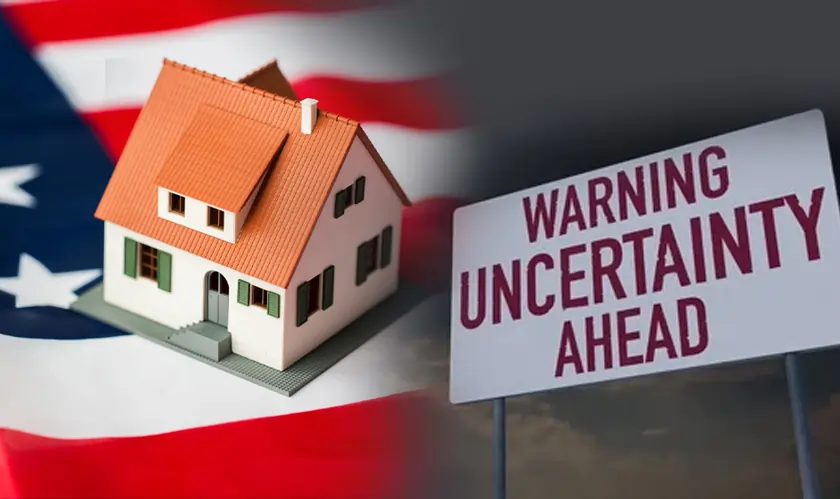Home Industry Real estate Tariffs Cause Uncertainty in U...
Real Estate

CIO Bulletin
31 March, 2025
General tariffs within the U.S. real estate market increase market unpredictability which affects industrial lease agreements but generates opportunity for domestic factory sites.
The U.S. real estate industrial market operates under a state of uncertainty because proposed and new tariffs complicate tenant leasing decisions. Businesses postpone lease agreements with warehouse owners because they want to avoid increasing costs and changing trade regulations.
During a NAIOP industrial conference in Los Angeles Carolyn Salzer from KBC Advisors pointed out how changing trade policies have led businesses to postpone expansions of their facilities. President Donald Trump made public his intentions to put forth a 25% import tax on cars produced abroad during his recent announcement which deepens existing economic uncertainty. Manufacturing together with real estate sectors face concerns due to the implementation of additional import tariffs and existing levies which target Chinese and both Canadian and Mexican imports.
While facing obstacles certain real estate market participants notice potential business possibilities. The world-leading industrial real estate company Prologis maintains its Canadian real estate expansion strategy. The Texas border areas showed leasing slowdowns according to Constellation Real Estate Partners yet the company believes demand will increase after trade policies stabilize.
Industrial experts indicate that imported goods tariffs will specifically target development and construction as well as real estate operations. The decision of manufacturers to relocate their operations to the U.S. will possibly stimulate demand for logistics facilities and warehouses. Real estate investors are holding back their significant growth commitments until the trade policies become more certain.







